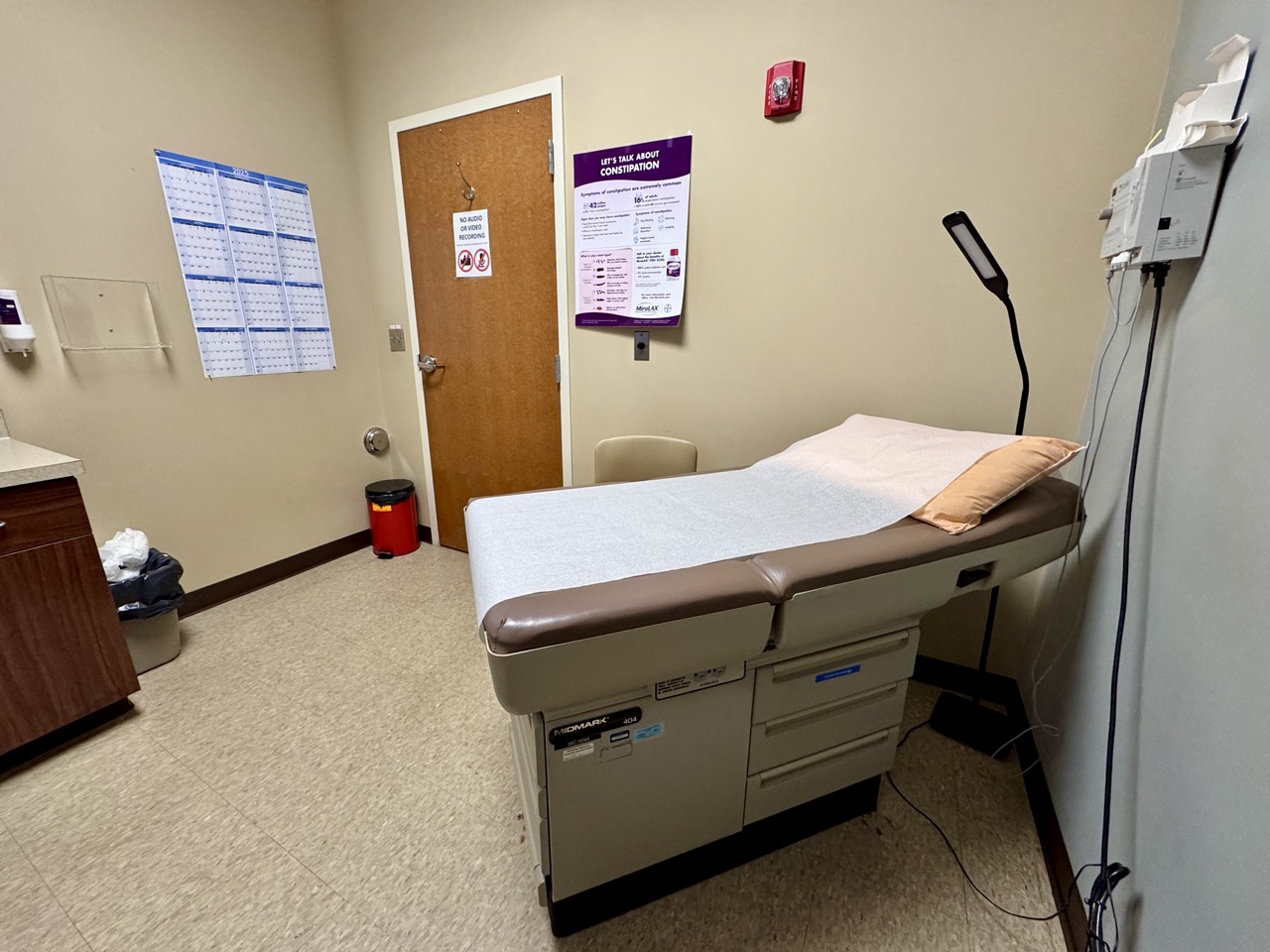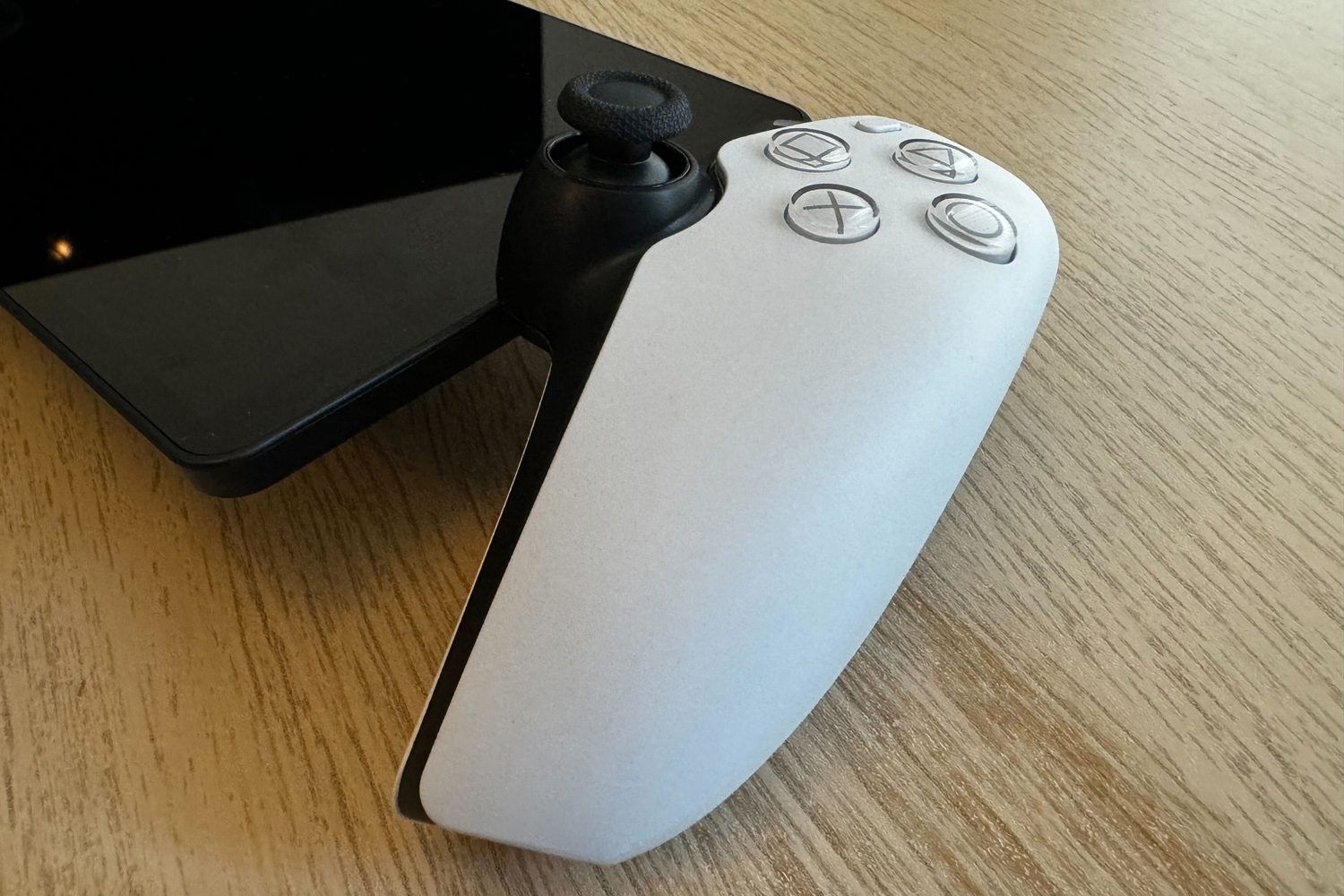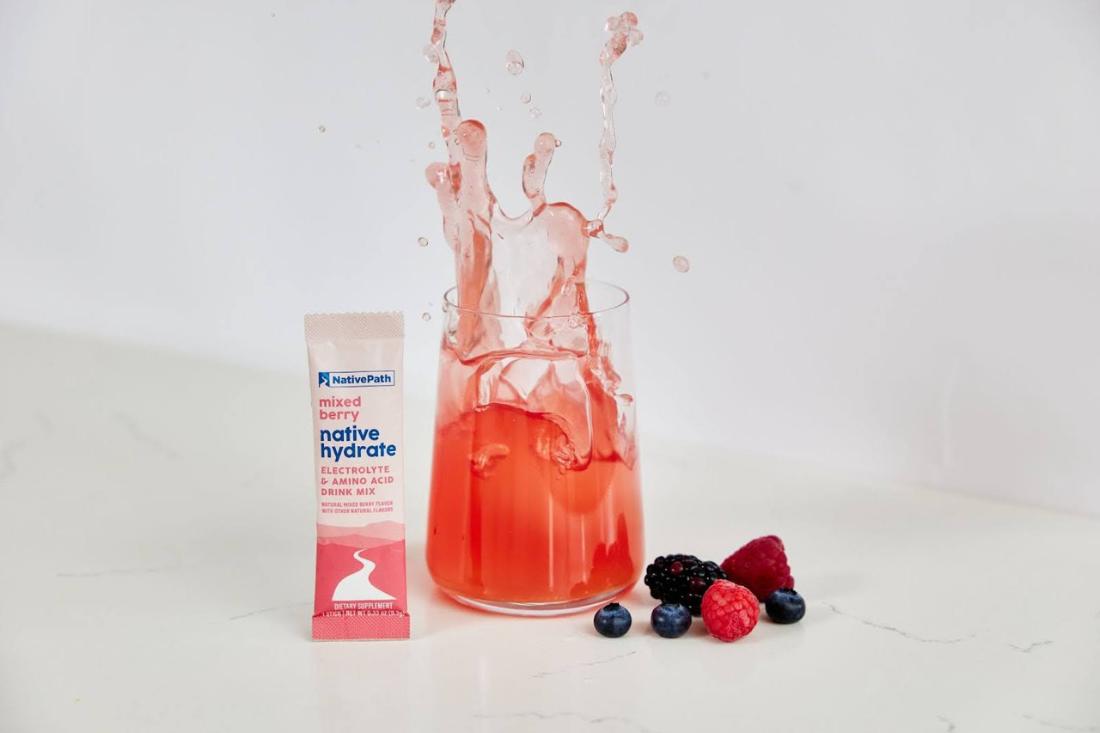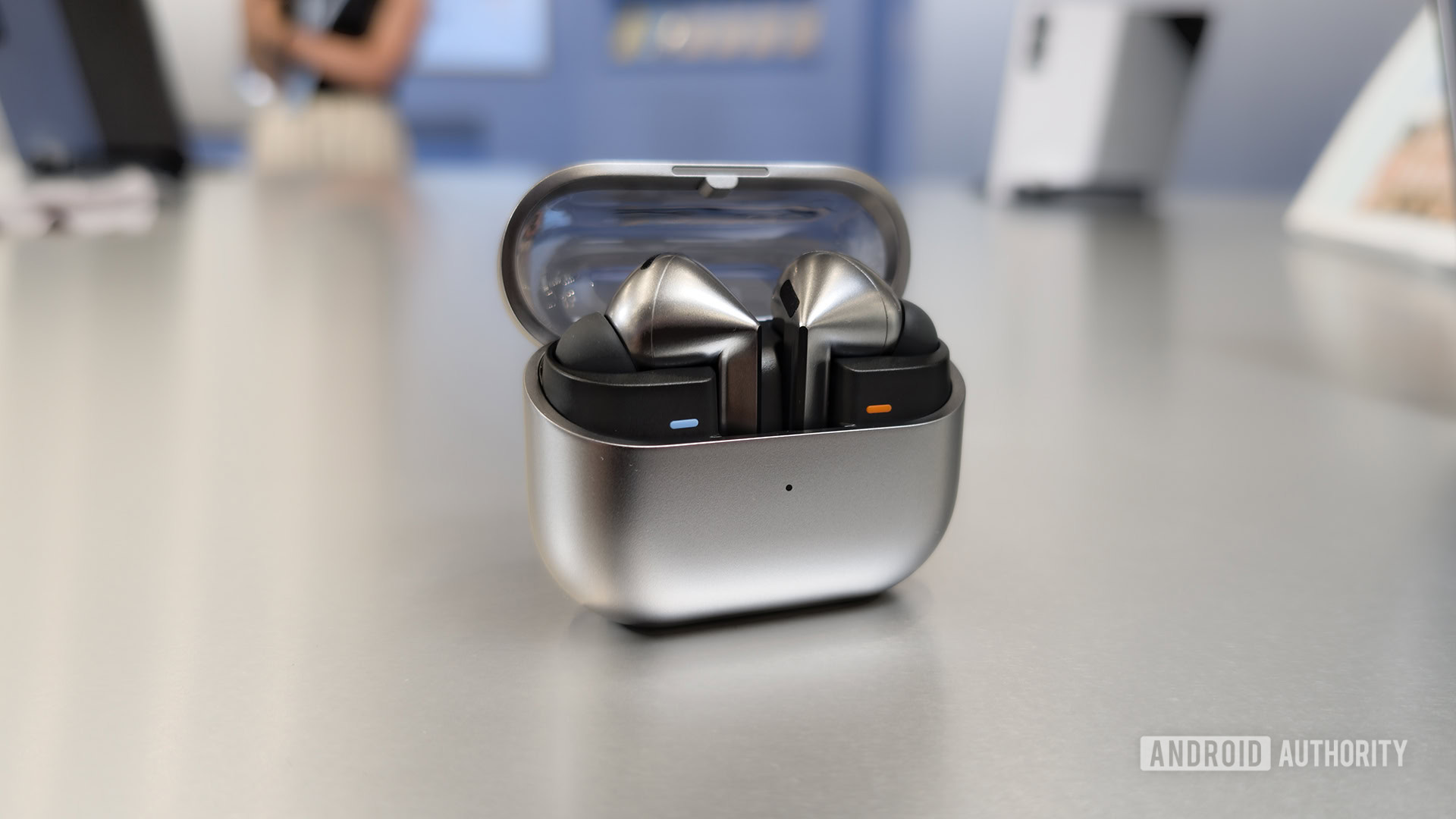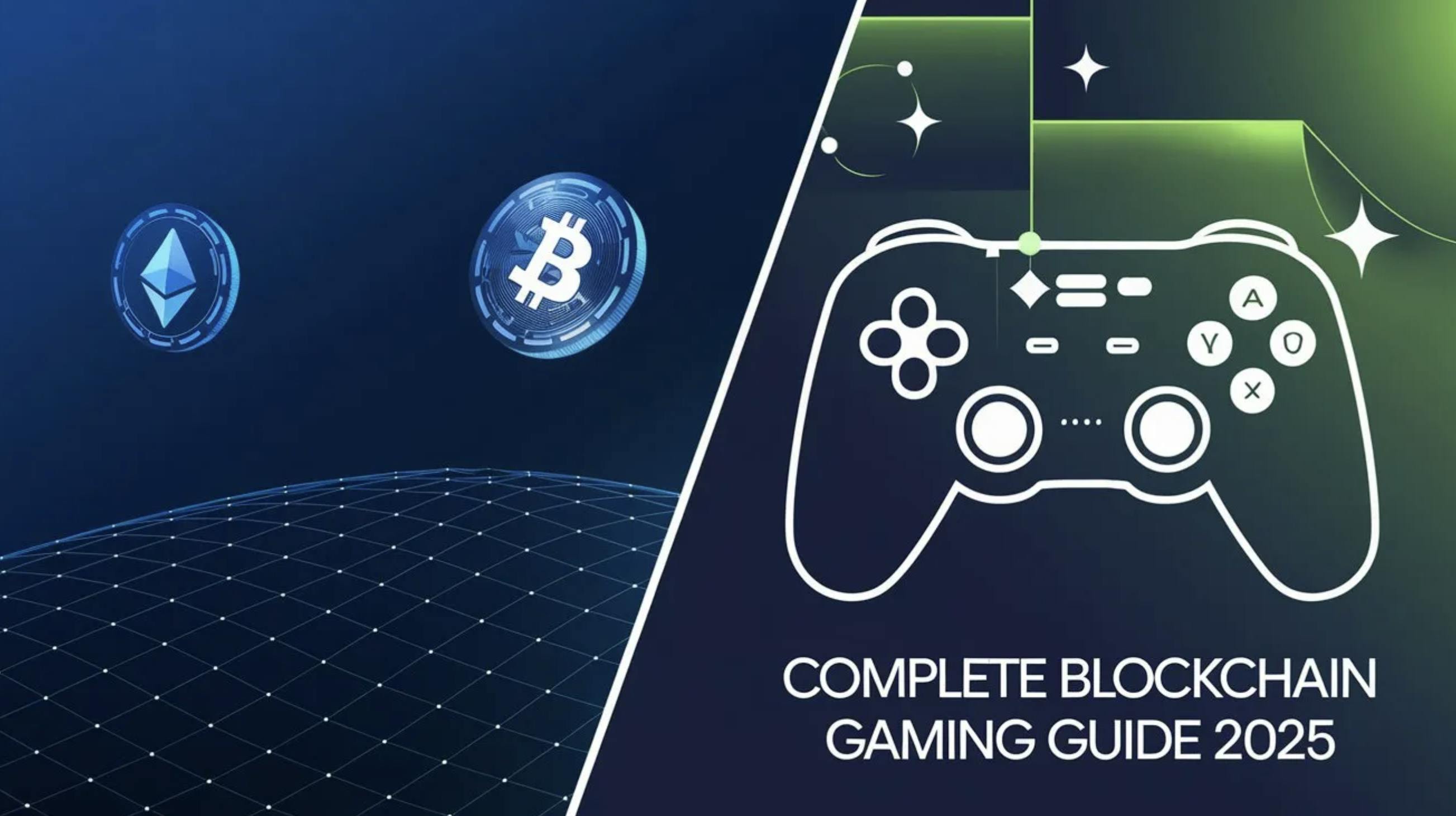She asked me to give her a symptom, something ordinary and real. I mentioned a small issue that had lingered longer than it should have, one which I had been meaning to check out. I watched as the artificial intelligence (AI) triage tool bubbled to life as she typed my symptom into the chat box, the way I would type it in a Google search bar.
A message popped up, and then another. They were follow-up questions, each one narrowed down the problem, like a doctor trying to understand what was really happening. It asked questions about when the symptom started, how long it had lasted, whether it had spread, and how much it was happening. Within seconds of analysis, the system generated a summary of possible causes, explained its reasoning behind each choice, recommended the kind of specialist that matched the conditions, and suggested what to do next by providing a list of specialists I could book a consultation with.
I hadn’t left my seat to be in a waiting room or fill out paper forms. After a few short minutes, I had accurate and clear language to talk to a doctor about my symptoms.
The tool I had just tested is part of a new women’s health platform called Débbo Africa, a startup founded by two Nigerian doctors, Dr. Zara Modibbo and Dr. Aisha Wanka. Their idea is to close the gender health gap by making care more accessible and easy to navigate for African women.
Women have often described the feeling of being dismissed by medical professionals, speaking but not quite being heard. Complaints abound about being dismissed or rushed through appointments, especially if pain or symptoms are not immediately visible. But Dr. Zara Modibbo points out that silence isn’t always due to neglect. “One of the reasons why a lot of women feel unheard is because our health systems are stretched. They’re underfunded, and there are not that many medical specialists as well.”
For the past three years, Débbo Africa has operated as a women-centred healthcare platform, connecting users to virtual consultations, diagnostic tests, radiology scans, peer support, and medical specialists across different fields. But its next big step is the app I was shown, MyDébboApp, a digital extension of that platform that uses AI to triage symptoms and guide users to the right care.
Débbo Africa’s broader work targets high-burden conditions that disproportionately affect African women, including fibroids, menopause-related complications, and cervical cancer. African women have the highest burden of uterine fibroids in the world, occurring at rates 3–4 times greater in them compared to their counterparts of other races. Cervical cancer is the most common cause of death among women in 21 of the 48 countries in sub-Saharan Africa. Among the 20 countries in the world with the highest burden of cervical cancer, 18 are in the World Health Organisation (WHO) African region. By starting with these areas, Débbo Africa is tackling some of the continent’s most neglected yet widespread health challenges, where delays in diagnosis and treatment carry life-altering consequences.
The app that listens
At the core of MyDébboApp is an AI triage tool, Dr. Déb, that works much like a doctor’s preliminary assessment during a physical consultation. It asks structured follow-up questions about symptoms typed in the chat by users, and organises the information to help women articulate what they’re experiencing before they even meet a clinician. The aim is to reduce the time it takes from when a problem is noticed to getting professional help.
Across the world, researchers have found that many AI tools offering health information can produce misleading or even dangerous advice. A 2025 study by the MIT Media Lab revealed that AI bots often carry inaccuracies. Participants found low-accuracy AI-generated medical responses to be valid, trustworthy, and satisfactory, and showed a high tendency to follow potentially harmful medical advice and incorrectly seek unnecessary medical attention.
Débbo Africa says Dr. Déb is no guessing machine. Rather than playing doctor, the tool listens to complaints, structures them, and provides recommendations that can be passed to professionals who can help. It helps users understand their symptoms and identify which type of healthcare professional may be most appropriate to consult. “Every triage output is validated through human oversight, and all medical decisions rest with licensed clinicians,” Dr. Modibbo says.
Unlike general-purpose AI chatbots, Dr. Déb was built with a human-in-the-loop approach, where every layer of the tool has been reviewed by doctors and clinical experts within the Débbo Africa team to ensure medical accuracy. For Débbo Africa’s founders, this automation is about efficiency: the faster a woman can describe what’s wrong, the faster she can reach someone qualified to treat it. ”This (Dr. Déb) is not an autonomous AI; this is human-centred AI that is designed not to replace health professionals and doctors, but actually to help them,” Dr. Modibbo says.
In the demo, I saw how the process reduces friction as it eliminates guessing which specialist to see. The app builds a structured conversation, then matches users with available specialists, many of them women, for virtual or physical consultations. “Sometimes, many women’s health issues are quite sensitive, and sometimes women might prefer speaking to a female doctor. We have that feature built into our infrastructure,” Dr. Modibbo adds.
Every consultation is logged. The notes and summaries doctors make during a consultation are attached to the user’s in-app medical record, which they can access. Users can also upload past medical records to provide a history of their conditions. The platform also includes a community feature, which is a moderated peer group where women share experiences and culturally relevant health content tailored to their conditions.
It costs between ₦3,000–₦5,000 ($2.05–$3.41) for a consultation with a general medical officer and about ₦20,000–₦30,000 ($13.66–$20.49) to have a consultation with a specialist. The company is also adopting a freemium model, allowing women to use parts of the app, such as educational content, community forums, and Dr. Déb, without paying, to make the first step of care accessible to as many women as possible. The team is iterating on ways to make the app usable across different literacy and digital comfort levels. The current version works primarily in English, but future iterations will include local languages and culturally relevant phrasing to make it easier for women to describe symptoms the way they naturally would.
Since its launch, Débbo Africa has facilitated over 1,000 diagnostic tests across 10 Nigerian states and has partnered with over 100 medical specialists. The team plans to launch MyDébboApp publicly in the first quarter of 2026, after final rounds of iteration and feature updates. In addition to consultations, they’re building integrations for pharmacy delivery and personal health data tracking as part of wider efforts to make MyDébboApp a single entry point for women’s healthcare in Africa.
What struck me the most about the demo was how simple it was. Medical practitioners often warn against what they call the “Dr. Google syndrome,” that is, the habit of turning to search engines for answers that often scare users more than they clarify symptoms. As someone who instinctively types every new symptom into a search bar, it felt oddly reassuring to see something I could trust waiting on the other end.
What MyDébboApp really does is return a sense of calm to that anxious moment when something feels off and you don’t yet know why. That may be its power, giving women answers that they can trust from a system that finally feels like it’s listening.

